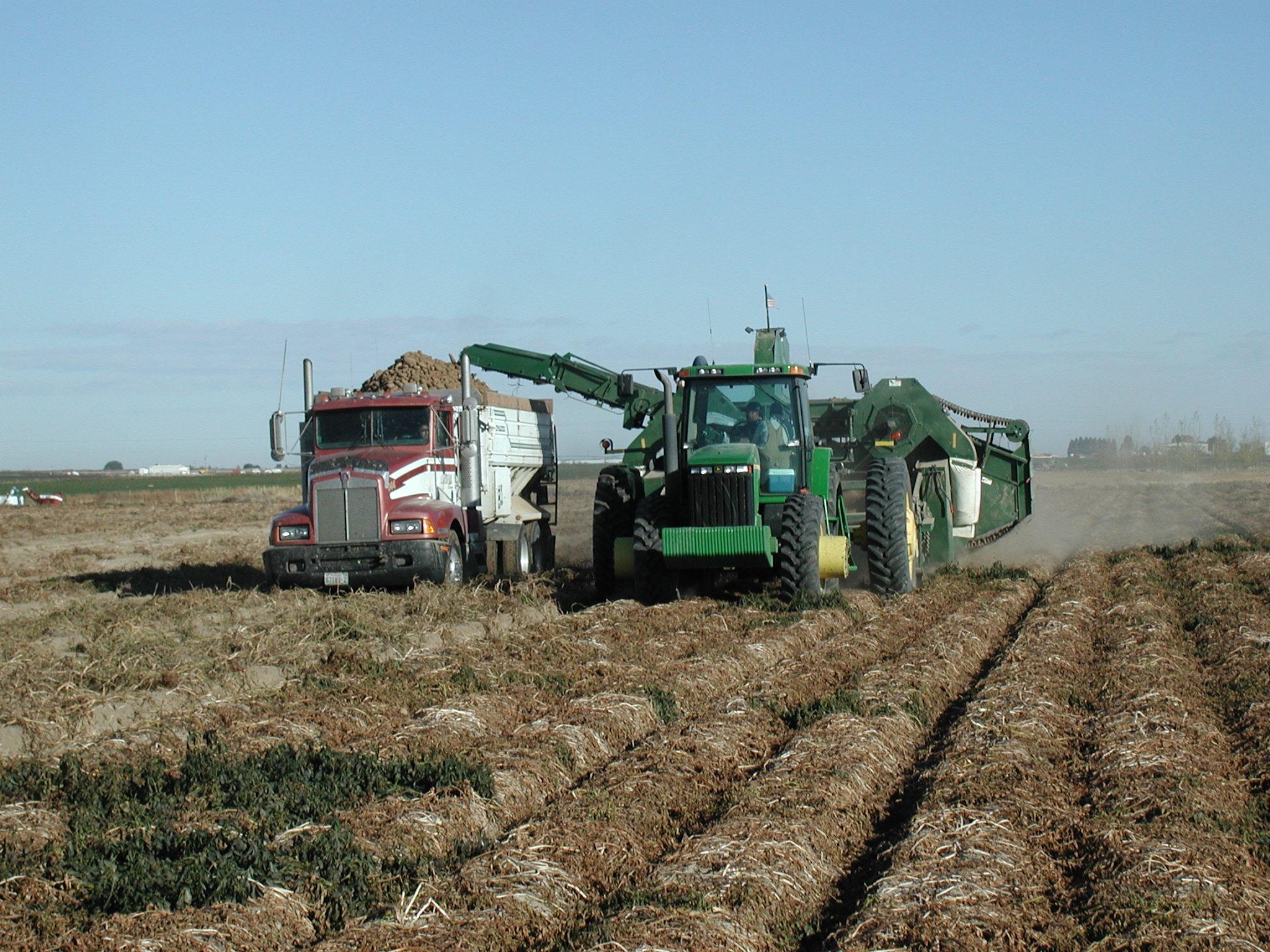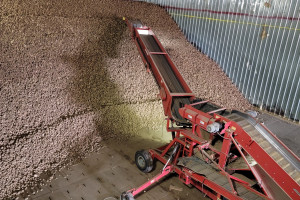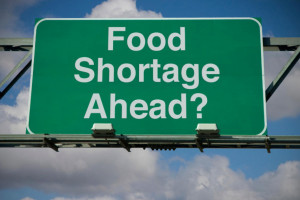Supporting Farmers – Supporting Food
MOSES LAKE February 9, 2023 – Last year the Governor signed into law the Climate Commitment Act and in doing so committed to providing a needed fuel exemption for farmers and ranchers. The law was enacted at the beginning of the year and no relief has been provided to farmers.
In 2020 Washington’s farmers and ranchers spent approximately $260 million on diesel. The average cost of diesel in 2020 was $3.40/gal. The current fuel fee is adding about $0.41/gal to diesel, meaning if the law was enacted in 2020 farmers and ranchers would have paid nearly $32 million in fuel fees. That is a $32 million savings on food people purchase daily.
The challenge: the agricultural community is supposed to be exempt from the fuel fees outlined in the low carbon fuel standard and the newly implemented Cap & Invest program, but a mechanism to allow for the exemption has not been made available.
That’s the perspective of Quincy, WA potato farmer Adam Weber.
“Farmers are always looking for ways to become more efficient with fuel. As the price of fuel increases, our ability to be profitable decreases,” Weber said. “It is always in our best interest to use less fuel per acre of food grown. Currently the price of fuel is increasing due to regulations imposed by the state of Washington. We need some sort of relief that allows us to continue to grow food in our state and stay in business. “
The easiest method for administering the exemption is with Ecology’s help managing the collection of data and providing certified exempted fuel information to covered entities. This can provide a path to find needed relief from these fees which directly impact the cost of food in Washington State.
Exempting farmers and ranchers from fuel taxes is not new in the State. Currently farmers can apply for an exemption from fuel taxes on dyed diesel from the Department of Revenue (DOR). Certification of those farmers and ranchers is easily achieved by DOR and tax exemptions provided all in the name of affordable food. This long-standing approach of combating food inflation has been an unwavering philosophy in our state. Tax exemption forms for other inputs purchased by farmers and ranchers also exist and are often kept on file at various places of business including but not limited to parts stores, crop advisors, and pesticide applicator businesses.
Addressing carbon is important, but these new laws can be overwhelming. We feel confident that Ecology can manage a path forward and we are happy to work with them to get this implemented. We believe in our elected officials, and we appreciate that they passed these exemptions. Not just for farmers, but for all consumers feeding their families. Let’s work together and get this implemented.







